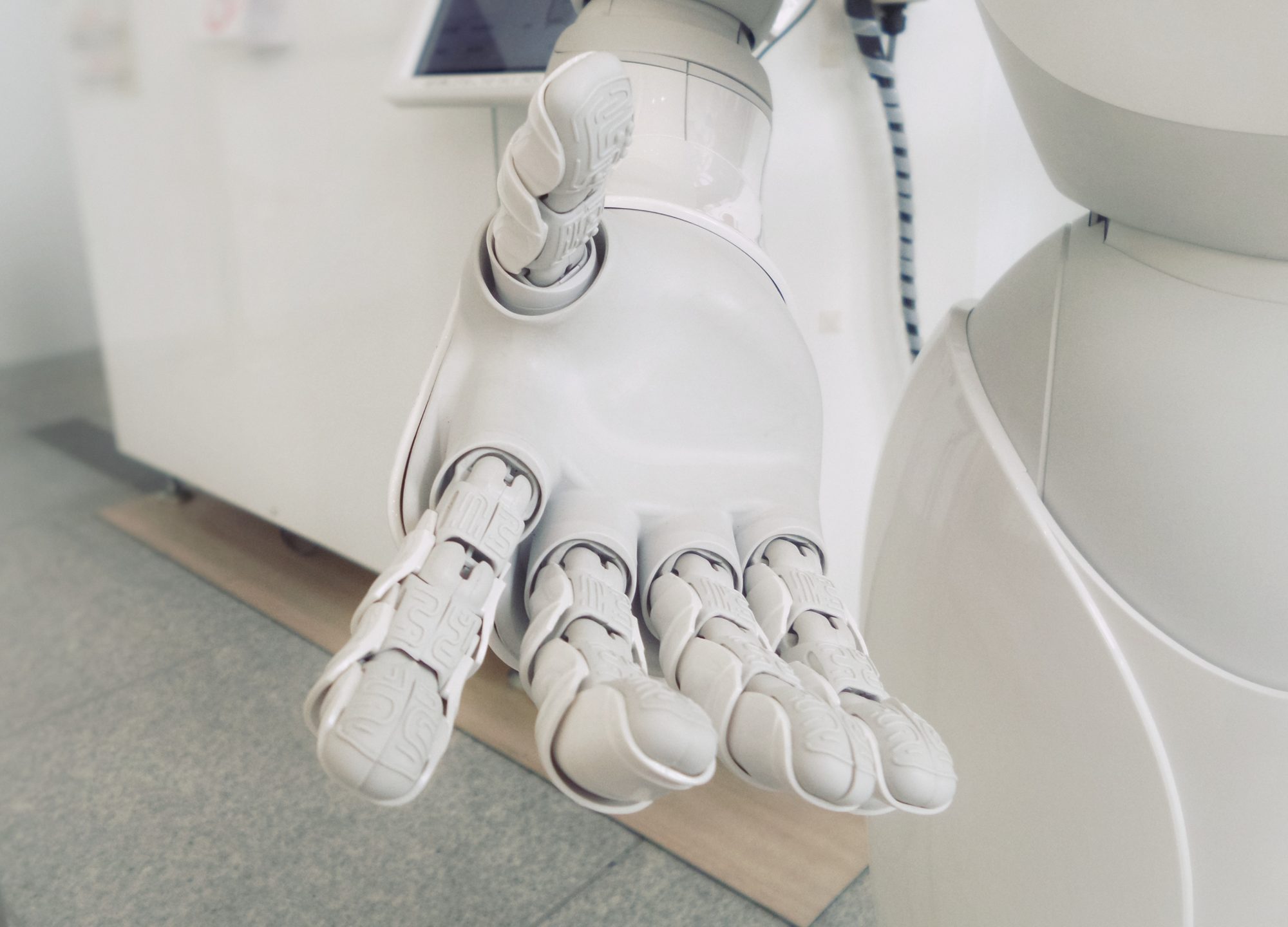Questions abound about how Artificial Intelligence (AI) will affect the future of work, particularly the need for human employees. For those of us involved in the business of HR Service Delivery, a closer-to-home question might be "How will AI impact the HR Service Center?"
As AI takes root, will humans still be needed in the service center? If yes, what will their jobs be like?
While we can’t definitively answer those questions, we can prognosticate, and do so some industry evidence. That evidence is the Self-service Knowledge base.
The impact of the self-service knowledge base offers a preview of the impact of Artificial Intelligence
Companies that have successfully implemented an employee self-service knowledge base have likely experienced a change in the need for first-tier agents in their service centers. They’ve also likely experienced how the nature of the work in “tier one” changed.
These changes - driven by the introduction of a successful knowledge base portal – can help us understand what the impact of AI on service delivery will be.
To be clear, a self-service knowledge base is very different from Artificial Intelligence. But, they share a similar purpose: to produce an outcome without requiring the cognitive efforts of a human worker in the process.
In fact, the service delivery business even invented a key performance indicator for this human-less production. We call it Tier Zero Resolution.
Artificial Intelligence performs tasks that would otherwise require the cognitive skills of a human
According to 14 Ways AI Will Benefit Or Harm Society (Forbes, May, 2018), "AI is capable of performing tasks that would once have required intensive human labor or not have been possible at all." To bring this closer to home, let's look at the experience of a large pharmaceutical company that implemented an employee portal with a knowledge base.
The company employees over 100,000 professionals across 77 countries. Prior to the knowledge base deployment, when an employee wanted to know the details of her leave policy, she'd have called the HR Shared Service Center, and asked a first-tier representative the question.
With over 200 different time-off policies within the organization, the agent would have to match the right policy to that employee, based on multiple factors. Those factors could include the employee's country, the number of years she's been with the company, her business unit, her union or work council representation, and potentially other attributes.
The service center rep methodically searched through the policies until he identifies the single policy that applied to the caller, while she waited at the other end of the phone. (Yes, First Contact Resolution is another important Key Performance Indicator.)
After the company deployed a self-service knowledge base portal, the need for employees in the service center, and the nature of their work changed…
Employees began to use the knowledge base portal. Gradually at first. But over time, more and more employees used the portal as their first point of inquiry. (The fact that the portal was their first point of inquiry is what made the portal a successful portal. How it got there is the subject of other blog posts!)
Whenever an employee had a how-to or policy question, they'd go into the portal, type a few words into a search tool, and receive the right answer in seconds. And there was no human involved on the other side of the portal screen. A search engine and a recommendations engine (fueled by a few key words and lots of meta-data) delivered the answer faster than the human normally would.
Meanwhile, inside the service center, it became quieter. The phone wasn't ringing as much. There weren't as many conversations happening between the service center reps and the employees.

Artificial Intelligence allows humans to do more interesting work.
According to "Reinventing Customer Service" (Harvard Business Review, Nov/Dec, 2018), "When investments in Self-service pay off well, cases that do make it to the service center are those which are too complex for the employees to solve on their own, through self-service."
The article also references the high (27% average) turnover rate in call centers (according to Mercer) and points to "a lack of challenging work" as one of the primary reason employees leave.
Our global pharma indeed discovered that the questions that were going to the service center reps were the ones that required more HR knowledge and more careful thought – cognitive skills that couldn’t easily be built into the knowledge base. For the remaining agents, these were more engaging questions.
It’s like déjà vu all over again.
So, while the knowledge base portal did reduce the need for Tier one agents, it made work more engaging at Tier one, because the nature of their work changed. The moral of the story is that many of us have lived the story before. The imminent entrance of Artificial Intelligence to the service center is an opportunity to think back through our previous big technology experiences, identify the lessons we’ve learned, and determine how best to apply those lessons to make the most of AI. After all, haven’t we all done this change management thing enough already?


